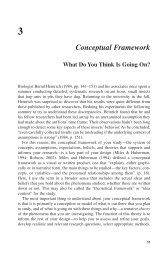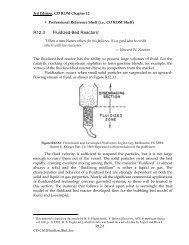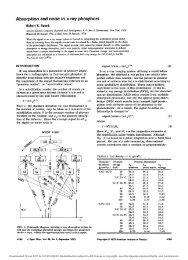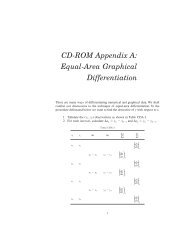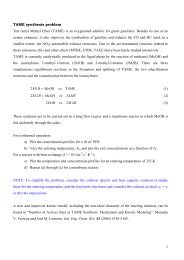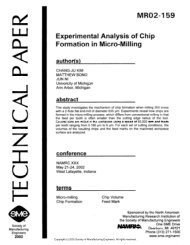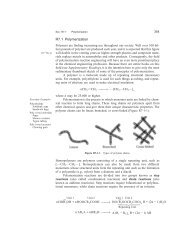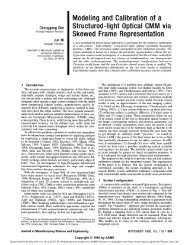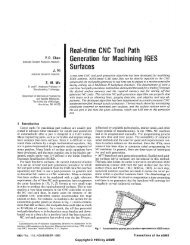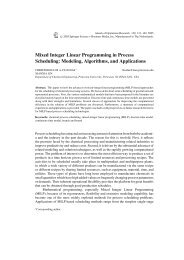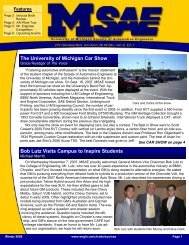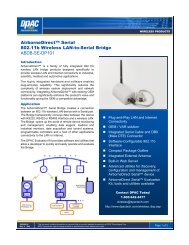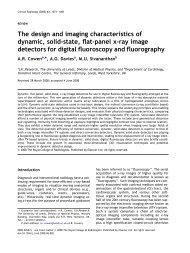Qualitative Research Basics: A Guide for Engineering Educators
Qualitative Research Basics: A Guide for Engineering Educators
Qualitative Research Basics: A Guide for Engineering Educators
Create successful ePaper yourself
Turn your PDF publications into a flip-book with our unique Google optimized e-Paper software.
solving, stress critical thinking, and use technology?” It is better to phrase these into<br />
separate questions. Internal bias is also something to avoid. The question “How does<br />
being the only woman on your design team cause conflict?” assumes that the conflict is<br />
caused by there being only one woman. A more appropriate question is “What factors do<br />
you see as causing conflict on your design team?” This question allows the participant to<br />
fully articulate her own view of what causes conflict.<br />
Another important aspect of developing interview questions is ensuring consistency with<br />
your epistemological perspective and overall research design. Consider as an example a<br />
study of critical thinking of engineering students. If one were conducting this study from<br />
a constructivist perspective, one interview question might be:<br />
What kinds of engineering problems require critical thinking?<br />
This question goes to the constructivist aspect of the study, in that it probes the student’s<br />
own view of what is meant by critical thinking and how it can be applied in engineering.<br />
The following question, although important, would not be consistent with a constructivist<br />
perspective:<br />
How do your engineering professors teach or demonstrate critical thinking?<br />
Asking the student about how they have learned critical thinking from their professors<br />
moves beyond the constructivist perspective towards social constructionism. Keeping the<br />
interview protocol focused within the areas of the general research design ensures that the<br />
specific research questions will be answered. In this example, while asking about the<br />
professors may seem important, including that question in the protocol can lead to a study<br />
that is unfocused and does not provide the data needed to answer the research questions.<br />
Conducting the Interview<br />
Preparing <strong>for</strong> an interview takes considerable planning. Punch (1998) lists several issues<br />
to consider (p. 180):<br />
• Who will be interviewed and why?<br />
• How many will be interviewed, and how many times will each person be<br />
interviewed?<br />
• When and <strong>for</strong> how long will each respondent be interviewed?<br />
• Where will each respondent be interviewed?<br />
• How will access to the interview process be organized?<br />
Each of these aspects represents an important part of the research design process, and<br />
depends on the epistemological perspective and research questions of the study. A<br />
phenomenological study may involve single, one-hour interviews with 5-20 participants,<br />
while a narrative study might involve many hours of multiple interviews with a single<br />
person.<br />
26




